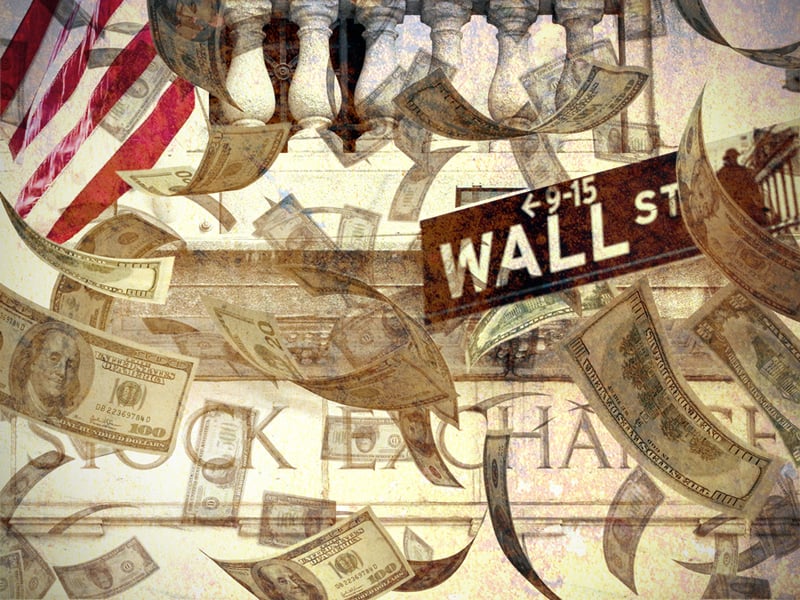Wall Street's bonus pool rose 3% to $28.5 billion in 2014, according to estimates by New York State Comptroller Thomas DiNapoli.
Employees took home an average bonus of $172,860 as the industry added 2,300 jobs in New York City, the first time it's expanded since 2011, Mr. DiNapoli said Wednesday in a statement. The bonuses rose even as profits from broker-dealer operations of the New York Stock Exchange member firms fell 4.5% to $16 billion last year. It was the second straight annual decline as legal settlements tied to banks' role in triggering the financial crisis depressed profits.
“The securities industry remains profitable and well-compensated even as it adjusts to regulatory changes,” Mr. DiNapoli said. “The resumption of job growth in the securities industry bodes well for New York's economy, but it remains to be seen whether this trend will be sustained.”
(More: LPL to cut bonuses to employees, top management)
Banks have cut costs and employees as revenue from investment banking and trading fell at the 10 largest firms in four of the past five years, according to data from Coalition Ltd. New capital rules that limit how much banks can fund operations with borrowed money and higher litigation costs have also contributed to lower profitability and pressure on pay.
BANK SETTLEMENTS
JPMorgan Chase & Co., the largest U.S. bank, posted an 8% decline in trading revenue last year. Goldman Sachs Group Inc., which set a Wall Street trading record in 2009, had its lowest revenue from that business since 2005.
(More: Could more women traders cut volatility?)
Bank of America and Goldman Sachs are among financial firms paying for legal settlements. In August, Charlotte, N.C.-based Bank of America agreed to pay almost $16.7 billion to end federal and state probes into mortgage-bond sales.
The same month, New York-based Goldman Sachs agreed to pay $3.15 billion to repurchase residential mortgage-backed securities to resolve federal claims tied to the sale of the bonds to Fannie Mae and Freddie Mac.
While the settlements are undermining profits, they've been a boon to New York state, giving it a record $5 billion surplus for the fiscal year that ends March 31. The largest chunk comes from a $3.6 billion deal in June with BNP Paribas SA after the French bank admitted to evading U.S. sanctions against Sudan, Cuba and Iran.







